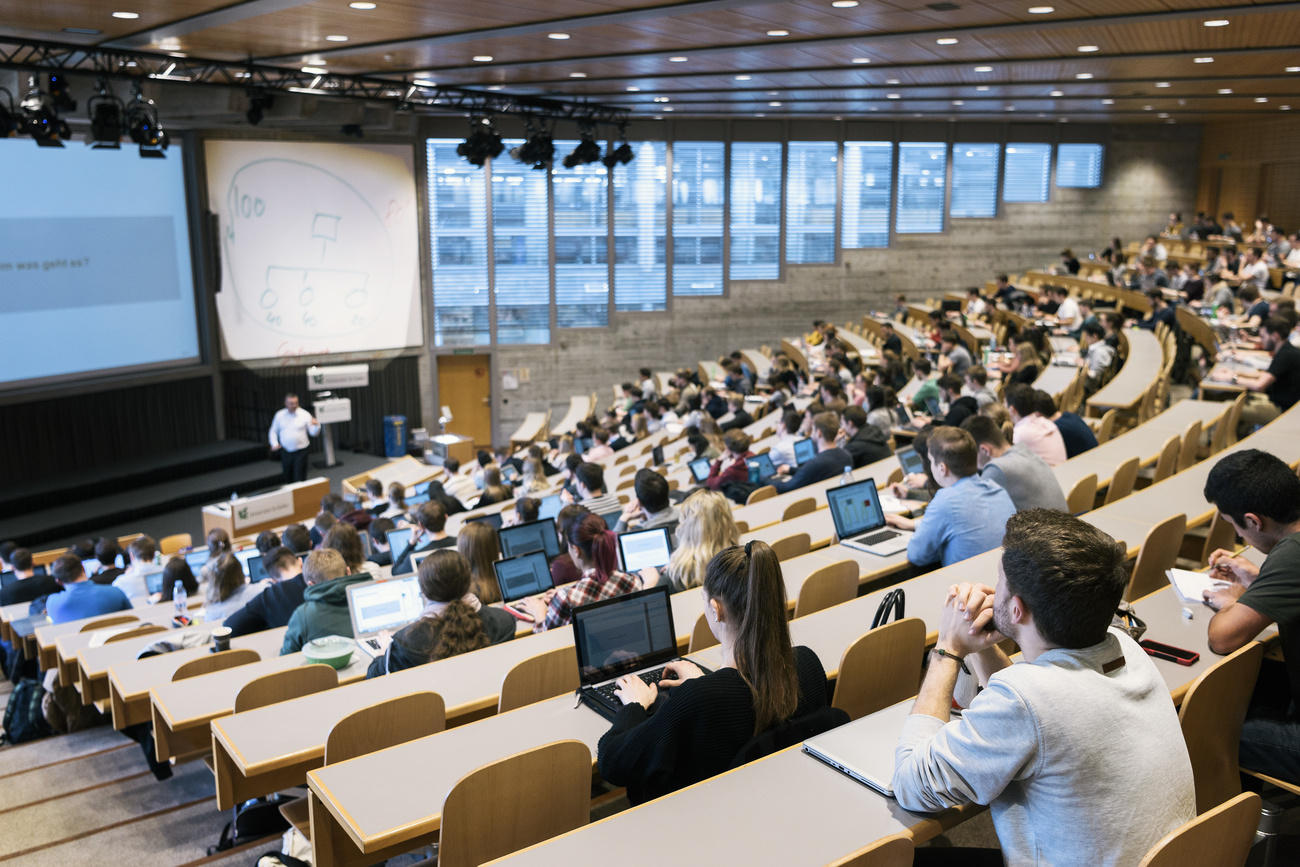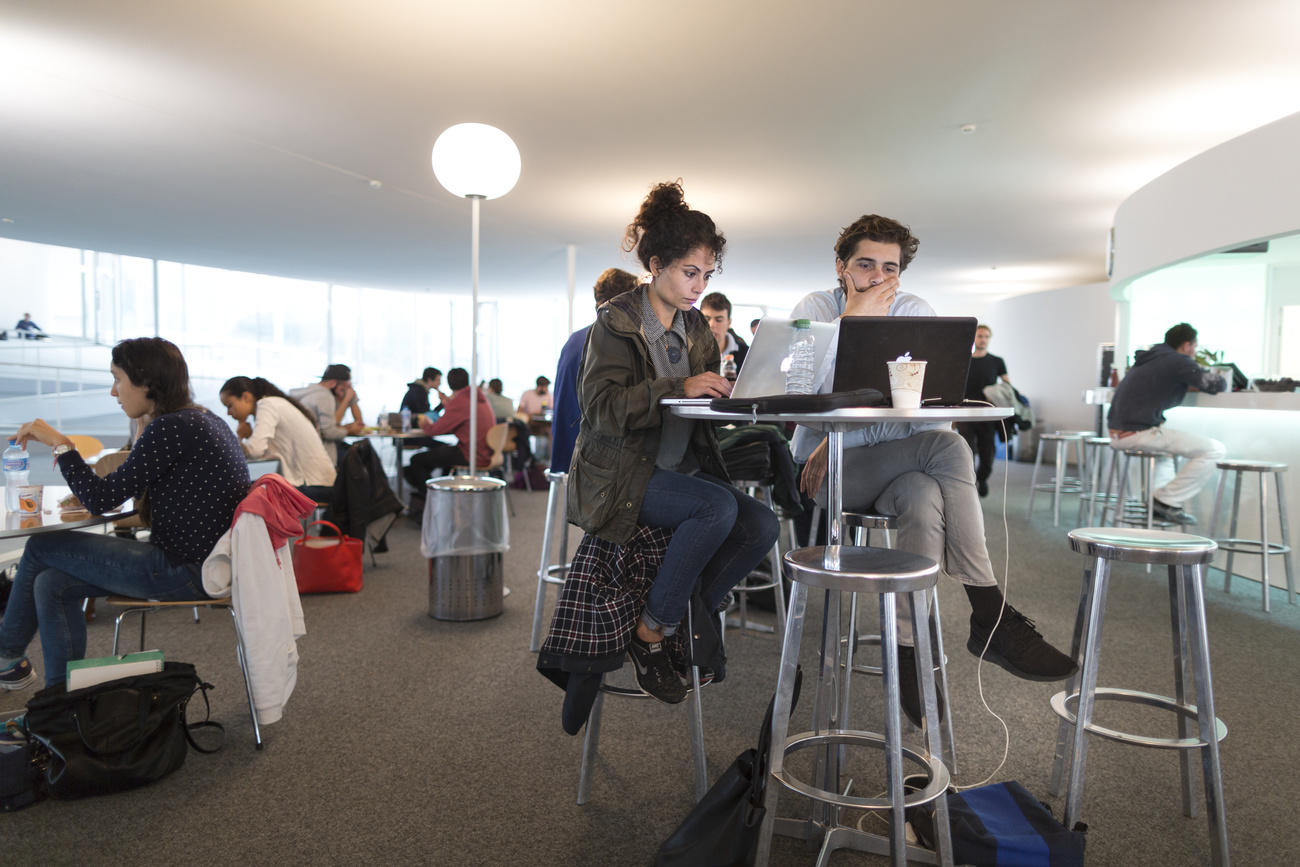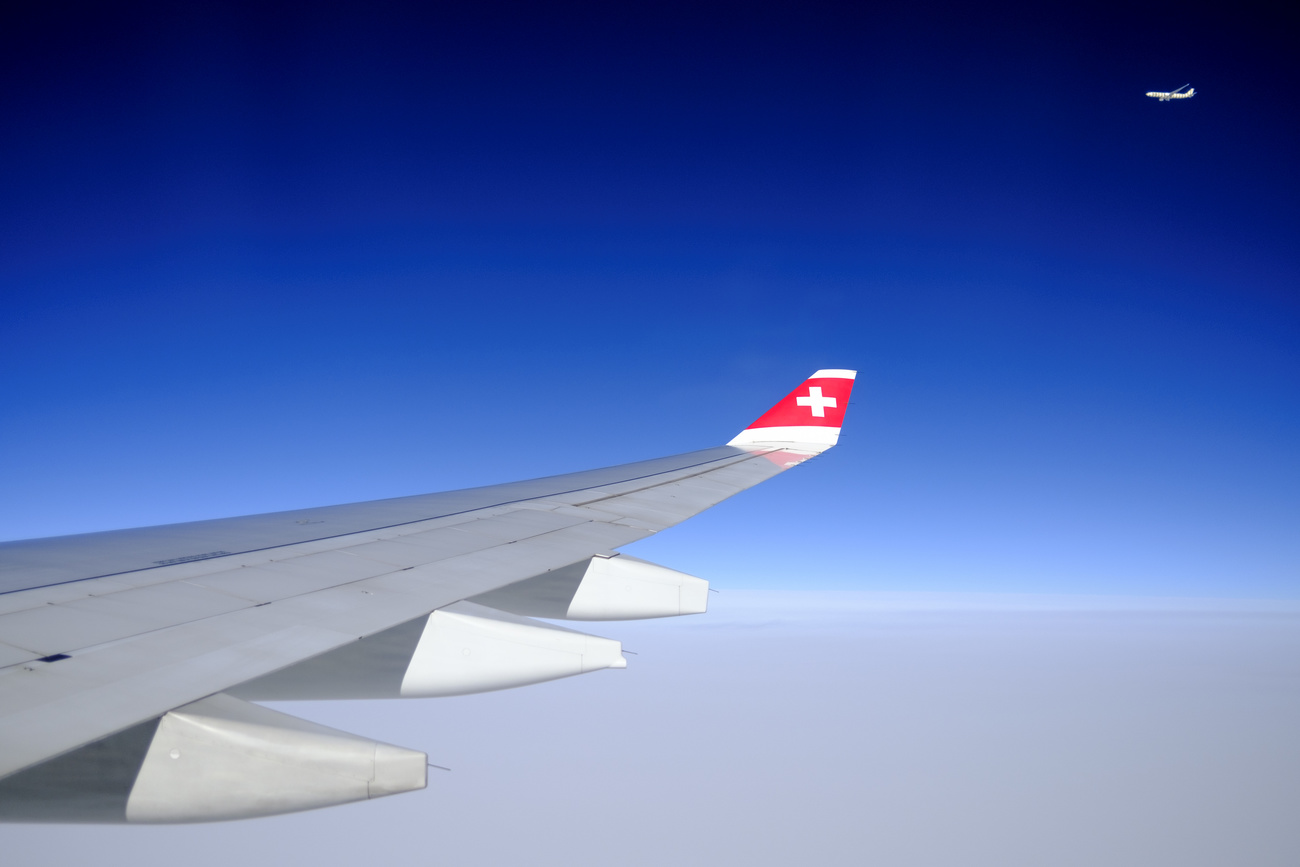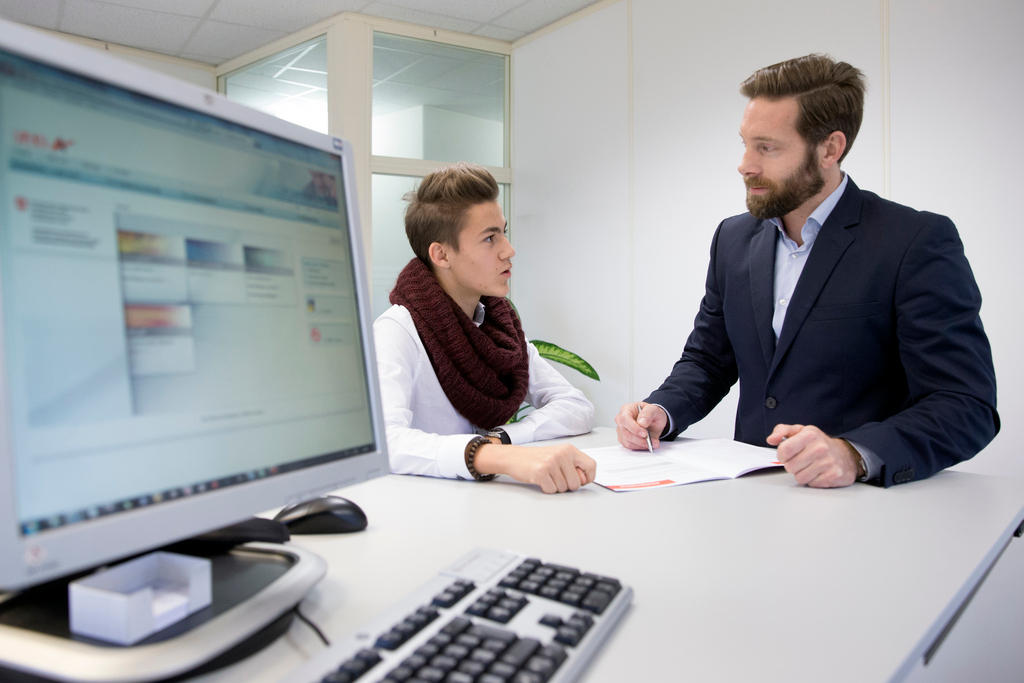Firms lament red tape for hiring foreign talent in Switzerland

Switzerland is losing ground to other countries as an attractive place to do business due to the complexity of hiring young, foreign talent. A study calls for innovation permits and loosening business travel restrictions.
Switzerland comes last out of eight global business locations when it comes to attracting global talent, according to the latest global talent surveyExternal link, released on Thursday by consultants Deloitte Switzerland and the Swiss-American Chamber of Commerce.
The study points to high hurdles in hiring foreign talent such as complicated approval processes and unnecessary red tape, especially for young professionals who do not yet have extensive work experience. Companies have been known to withdraw offers to foreign talent because of the complexity, cost and unpredictability of the permit approval process, the study points out.
Business locations like Ireland are beating out Switzerland thanks to measures such as special arrangements for foreign graduates of domestic universities as well as one-stop shop digital application processes for permits.
The hurdles have major implications for Switzerland’s competitiveness as it struggles with a shrinking labour pool.
“Highly talented international employees are indispensable when it comes to reducing the growing shortage of skilled workers. They also counteract the influence of demographic ageing, promote knowledge exchange, increase tax and social security revenues, and boost productivity,” explains Reto Savoia, CEO of Deloitte Switzerland.
Although non-EU talent accounts for a mere 3% of annual migration to Switzerland, they make an above-average contribution to added value.
For example, the 3,800 people from non-EU member states who work in highly productive sectors generated an average turnover of close to CHF240,000 ($256,000) in 2017, compared with the Swiss average of around CHF150,000.
The study authors indicate that from an employee perspective, Switzerland remains attractive due to the high quality of life. But employers, particularly multinational companies, are increasingly looking elsewhere to set up training centres and operations.
Urgent reforms
Deloitte and the Swiss AmCham are also calling for lean, modern regulations that ensure Switzerland can attract the talent it needs, including digitising and streamlining work approval processes.
The report also calls for easing restrictions on permits for foreign workers, but it stops short of recommending an end to quotas. It proposes “innovation permits” for foreign students in technical fields as well as those studying in Masters programmes in Swiss universities. This would grant a three-year residence permit.
Martin Naville, CEO of the Swiss AmCham, says these measures are “minimally invasive adjustments that will noticeably improve Switzerland’s competitiveness – without any side effects such as wage dumping, density stress or greater competition for jobs”.
The study authors also argue that a certification system for “trusted companies” should be employed that simplifies intra-country mobility so that talent within a company can move more easily on a temporary basis.
The new regulations would require a moderate increase of about 1,500 in the annual quota for individuals from non-EU member states. One half would be longer-term residence permits, and the other half would be short-term stays. This rough estimate corresponds to about 1% of all people who come to Switzerland to live every year.

More
Non-EU graduates struggle with Swiss job access

In compliance with the JTI standards
More: SWI swissinfo.ch certified by the Journalism Trust Initiative






















You can find an overview of ongoing debates with our journalists here . Please join us!
If you want to start a conversation about a topic raised in this article or want to report factual errors, email us at english@swissinfo.ch.